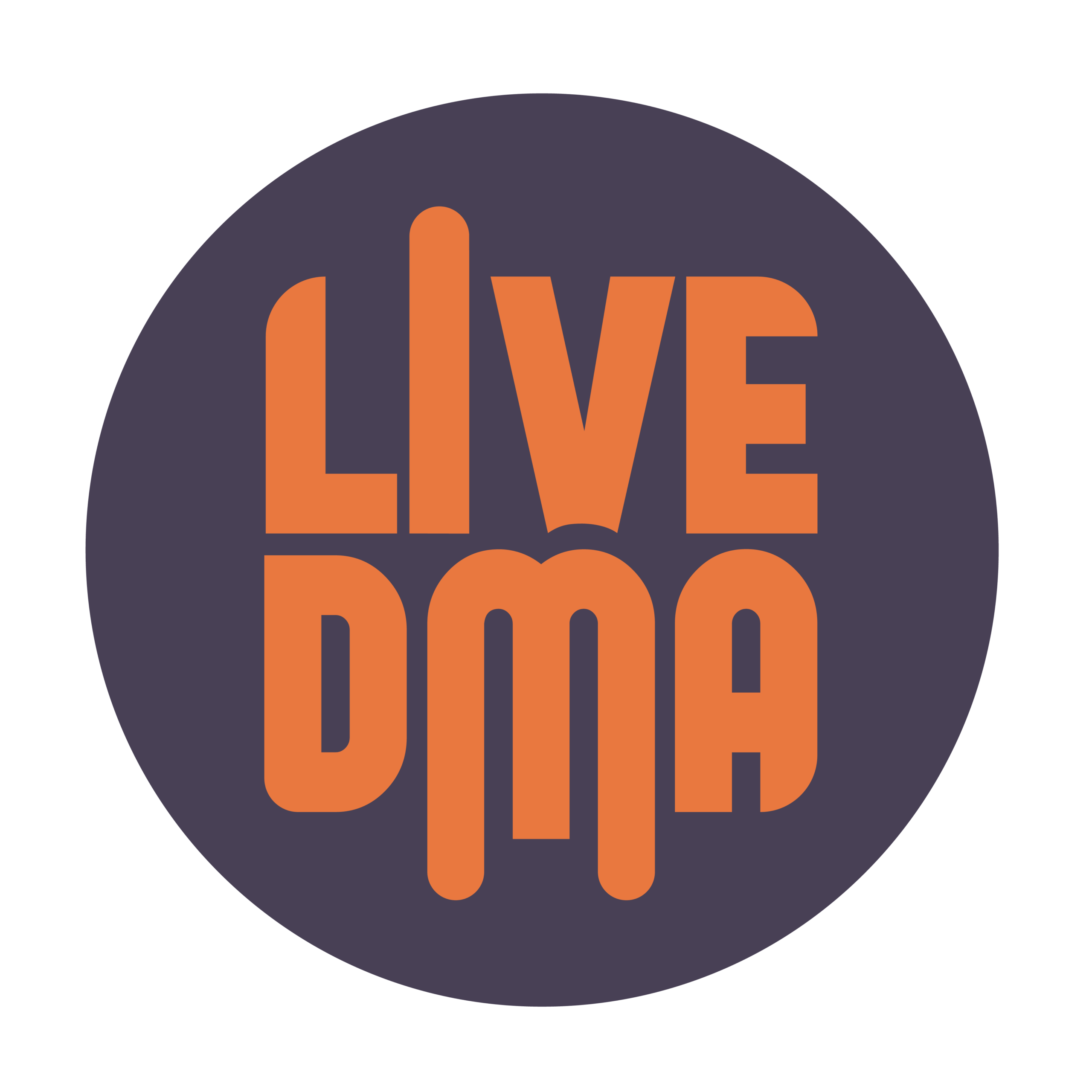The report of the UK live music census was published in February 2018. This report is the result of a nationwide survey combining qualitative interviews at music events and responses of an online form for musicians, venues, promoters and audiences.
The UK live music census intends to measure live music’s cultural and economic value in the UK, define the sector’s challenges and inform policy makers.
Organised by researchers from the Live Music Exchange research group, the UK live music census is a collaboration across the universities of Edinburgh, Newcastle and the University of Turku (Finland).
[button url=”http://uklivemusiccensus.org/” target=”_blank »]Discover the UK Live Music Census[/button]
Key findings of the UK Live Music Census
The UK Live Music Census identified the following key-findings that are here resumed and illustrated with a short selection of examples.
1| Live music has significant economic impact
” Live music appears to be one of the real success stories of the past decade, its revenue overtaking that of recorded music in the UK in 2008.”
2| Live music has significant social and cultural value
Snippets of what respondents answered to the question What do you get out of live music? What would you say are the most important (intangible) things that you take away from live music?
“Live music enhances social bonding because it offers a sens of belonging and underpins a shared experience”
“Live music forms a fundamental part of people’s identity because it can become a regular activity to which people afford great significance.”
“Live music is inspiring because it sparks people’s own creativity, stimulates the discovery of new music and genres, and gives a deeper understanding of the music.”
“Live music venues have a role in musical development because they help musicians and artists to develop new skills and confidence.”
“Live music venues have material value because they allow for proximity to artists, are local and easy to get to.”
“Live music venues have a social value because they can be sites for developing networks, for making new friends, and for spending time with family and friends.”
3| The smaller end of the live music sector is a vital part of the live music ecology
” Smaller spaces for live music are particularly key in musicians’ formative years: 78% of respondents to the musician survey identifying as being in their formative years and those identifying as ‘emerging’ musicians had performed in small music venues in the past 12 months and 78% had performed in bars or pubs.
4 | The live music sector is facing challenges, especially at the smaller end
The UK live music census identified the following challenges affecting particularly the smaller end of the venue spectrum:
• Two out of every five (40%) venue online survey respondents identifying as small music venues, over half (56%) of bars/pubs. and a third (33%) of all venue survey respondents said that increased business rates had an extreme, strong or moderate negative impact on their live music events in the past 12 months;
• One-third (33%) of venue online survey respondents identifying as small music venues and more than one in five (22%) of all venue survey respondents said that planning and property development had a negative impact in the last 12 months;
• Nearly one-third (29%) of venue online survey respondents identifying as small music venues and 27% of all venue survey respondents said that noise-related complaints had a negative impact in the last 12 months;
• Nearly a third (31%) of all respondents to the venue survey had parking/loading issues.
Methodology of the UK Live Music Census + Tool-Kit
The UK’s first ever national live music census took place in spring 2017: for 24 hours from noon on Thursday 9thMarch, an army of volunteers went out and about to live music events in Glasgow, Newcastle-Gateshead, Oxford, Leeds, Southampton and Brighton (and 1st June in Liverpool), from pub gigs to massed choirs to arena concerts. A nationwide online survey for musicians, venues, promoters and audiences was online from March until June.
The methodology with the questionnaires is available on the UK Live Music Census website and can be used to carry out a local live music census.
Disclaimer: The information and pictures used in this post are drawn from the UK Live Music Census full report and executive summary. This post intends to inform about the UK Live Music Census, share the findings and methodology used.

